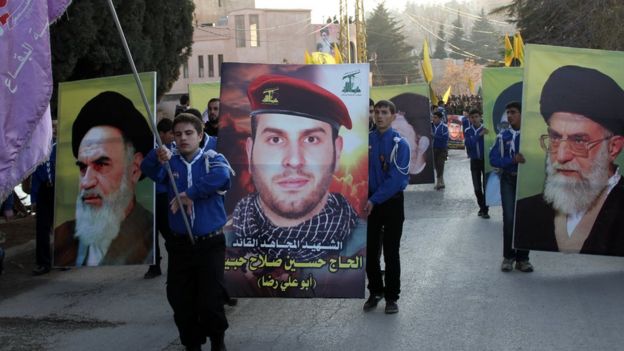Hat tip to this site for listing the victims of illegal immigrants.
Today in the House is a hearing questioning Sarah Saldana, the Director of the DHS for Immigration and Customs Enforcement. Several terrifying facts were revealed and there are solutions to the policies, one is to simply enforce the law and quit with the exceptions. Further, stop releasing into the general population detained illegals arrested and sentenced with discretion. What about Congress eliminating the discretion clause? How about allowing local law enforcement to fully handle cases at the local level? There is additional legislation for loopholes including H.R. 2793 for sex offenders.
Further, what about the victim or the survivors of the victims? They just get a letter in the mail, stating what is not certain.
There is a database for all illegals that have been officially detained for any reason, but local law enforcement does not have the jurisdiction or authority to handle inside cases, they are referred to ICE. Not all jurisdictions participate in the database operation, it is not a mandated procedure. What? . Of note, inside cases means arrests made by agencies other than Customs and Border Patrol.
All 58 immigration courts are managed by the U.S. Department of Justice….this is where the politics enter the fray. Additionally, when a court does in fact order a foreign national to be deported, yet another cycle of paperwork and diplomatic procedures is started. Consider, there are many countries that refuse to take back their own citizens and in some cases even after approval when the plane is on the runway. Haiti is one such country. So, the matter is in the hands of the U.S. State Department, do we need to say more?
The statute says there is discretion in all cases. So, in 2015, 19723 criminal illegal aliens have been released for felonies including kidnapping and homicide. An order of removal is required to deport them but that is done by a judge….but if they have requested asylum or other exceptions, it is more often than not granted. For those that have been ordered for deportation, there is a maximum bed space of 33,000 waiting to leave, if those beds are full, then they too are released.
Secure Communities was an immigration enforcement program administered by U.S. Immigration and Customs Enforcement (ICE) from 2008 to 2014.
The program was replaced by Priority Enforcement Program (PEP) in July 2015. Obama ordered this program terminated.
PEP: The Department of Homeland Security’s (DHS) Priority Enforcement Program (PEP) enables DHS to work with state and local law enforcement to take custody of individuals who pose a danger to public safety before those individuals are released into our communities. PEP was established at the direction of DHS Secretary Jeh Johnson in a November 20, 2014 memorandum, entitled Secure Communities, that discontinued the Secure Communities program. PEP focuses on convicted criminals and others who pose a danger to public safety.
How it works
PEP begins at the state and local level when an individual is arrested and booked by a law enforcement officer for a criminal violation and his or her fingerprints are submitted to the FBI for criminal history and warrant checks. This same biometric data is also sent to U.S. Immigration and Customs Enforcement (ICE) so that ICE can determine whether the individual is a priority for removal, consistent with the DHS enforcement priorities described in Secretary Johnson’s November 20, 2014 Secure Communities memorandum. Under PEP, ICE will seek the transfer of a removable individual when that individual has been convicted of an offense listed under the DHS civil immigration enforcement priorities, has intentionally participated in an organized criminal gang to further the illegal activity of the gang, or poses a danger to national security.
Here is a simple case from April of 2016. Illegal immigrants arrested during Alabama theft, kidnapping mission for Honduran drug enforcer, records state. You are encouraged to read those details.
Here is yet another bizarre case: An illegal immigrant with a 12-year criminal history and 35 arrests under his belt cannot be deported back to Palestine because the U.S. will not recognise his homeland as a country. What? We give millions to the Palestinian Authority and Obama, Hillary and John Kerry have all met with the Palestinian Authority for peace talks with Israel.


 AFP, Syria’s Alawites are closely associated with Bashar al-Assad (R) and his late father Hafez (L)
AFP, Syria’s Alawites are closely associated with Bashar al-Assad (R) and his late father Hafez (L)  AFP: Shia power Iran and Lebanon’s Shia Hezbollah movement are assisting the Assad regime
AFP: Shia power Iran and Lebanon’s Shia Hezbollah movement are assisting the Assad regime

